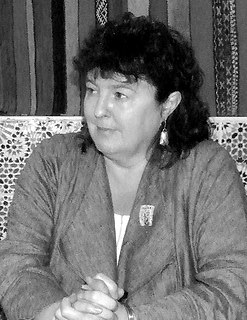A Quote by Gore Vidal
In the writing of novels, there is the problem of how to shape a narrative.
Related Quotes
When you're researching things that have happened, the clear narrative arc is not there already. This is the problem of writing nonfiction for me - writing nonfiction which is about serious subjects and has serious political and social points to make, yet which is meant to be popular to a degree - what happens when the facts don't fit a convenient narrative arc? I guess that for a lot of nonfiction writers that is a central challenge.
I prefer reading novels. Short stories are too much like daggers. And now that I'm done with my collection I'm more interested in different forms of writing and other kinds of narrative art. I'm working on a screenplay. But when I was working on Eileen, I definitely felt like I was taking a piss. Like, here I am, typing on my computer, writing the "novel." It wasn't that it was insincere, but there was a kind of farcical feeling I had when I was writing.
I guess the wildcard here is Terrence Malick. He supervised me while I was writing the script for Beautiful Country, and he is a genius, although not always easy to follow. What I learned from him is that the narrative can be tracked through all kinds of scenes, that the strong narrative thread is not always the one that is most obvious. Creating narrative with Malick was a bit like chasing a butterfly through a jungle. This approach to narrative is fun and complicated, something that makes the process of writing constantly interesting to this writer.
Because I think of novels as collaborative enterprises between the writer and the reader, all of my novels so far have ending with endings that maybe point in more than one direction, and that seems important to me because it seems important to me that after you've invested twenty or thirty hours of your imaginative life into this narrative that you have some stake in how it ends.






































